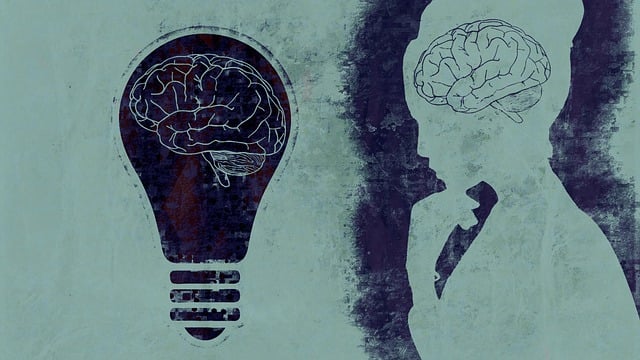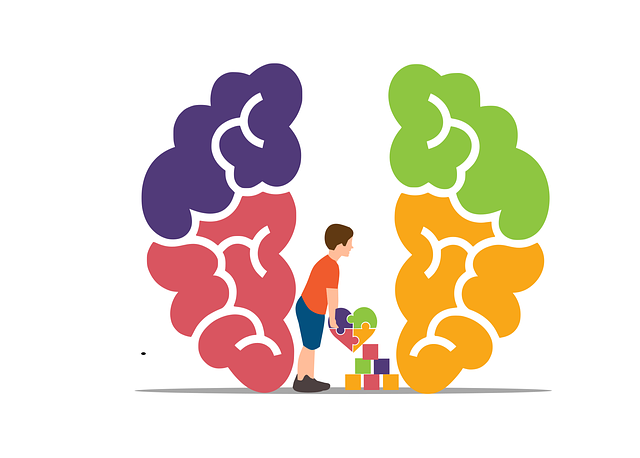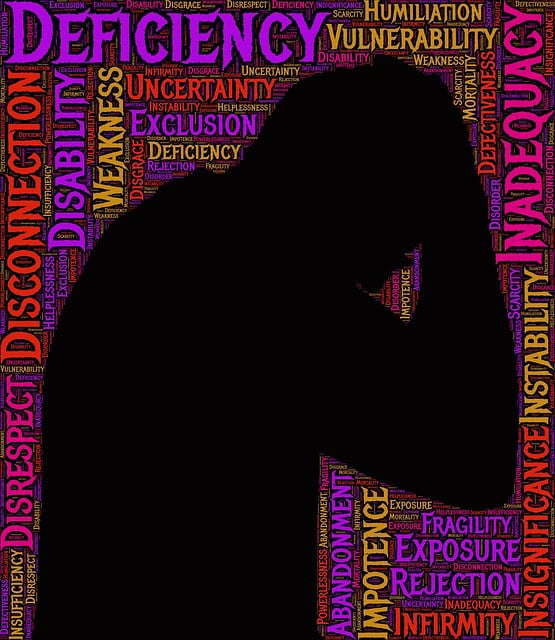Lakewood Abuse Survivors Therapy (LAST) emphasizes self-care as a vital foundation for healing among abuse survivors. By prioritizing physical, emotional, and mental well-being, clients can manage trauma-related stress, anxiety, and depression. This involves self-awareness, setting boundaries, and engaging in relaxing activities. LAST offers various tools like Mental Wellness Journaling, Stress Management Workshops, and advocacy for policy support in self-care. Overcoming barriers through training and development strategies empowers survivors to regain control, build resilience, and foster a sense of safety in their journey towards healing.
In the journey towards healing and personal growth, especially for those who have experienced trauma in Lakewood, self-care practices are transformative. This article delves into the essential components of self-care, tailored to support Lakewood Abuse Survivors. We explore ‘Understanding Self-Care’ as a cornerstone for healing, followed by a guide to ‘Identifying Personal Needs’ through self-discovery. Effective strategies and techniques for implementation are provided, alongside insights on ‘Overcoming Barriers’ to sustain healthy practices. Discover tools designed to empower individuals in their path to well-being, specifically catering to the unique needs of Lakewood Abuse Survivors therapy.
- Understanding Self-Care: The Foundation for Healing and Growth, Especially for Lakewood Abuse Survivors
- Identifying Personal Needs: A Journey Towards Self-Discovery for Better Care
- Effective Self-Care Strategies: Tools and Techniques for Implementation
- Overcoming Barriers: Navigating Challenges to Sustain Self-Care Practices
Understanding Self-Care: The Foundation for Healing and Growth, Especially for Lakewood Abuse Survivors

Understanding self-care is a crucial step towards healing and personal growth, especially for Lakewood Abuse Survivors Therapy (LAST) clients. Self-care isn’t merely an indulgence; it’s a necessary practice to nurture one’s physical, emotional, and mental well-being. For survivors of abuse, who may have experienced trauma that impacts their daily lives, prioritizing self-care becomes even more vital. It provides tools for managing stress, anxiety, and depression, which are common challenges faced by Lakewood Abuse Survivors. By implementing effective self-care practices, individuals can enhance their resilience, boost confidence, and foster a sense of safety and control over their lives.
This foundation of self-awareness and self-compassion allows survivors to navigate the journey of recovery with more ease. It involves learning to recognize personal needs, setting healthy boundaries, and engaging in activities that promote relaxation and rejuvenation. Through these practices, Lakewood Abuse Survivors can break free from harmful cycles, prevent relapse, and cultivate a deeper sense of self-love and acceptance, which are essential steps towards healing and moving forward.
Identifying Personal Needs: A Journey Towards Self-Discovery for Better Care

Identifying Personal needs is a profound journey of self-discovery, crucial for individuals looking to enhance their self-care practices, especially those who may have experienced trauma or challenges like those supported by Lakewood Abuse Survivors Therapy. This process involves delving into one’s emotions, thoughts, and physical sensations to understand what brings joy, comfort, and healing. Through this introspection, individuals can uncover hidden desires and needs that might have been neglected due to past experiences or external pressures.
Mental Wellness Journaling and Exercise Guidance can be powerful tools in this journey. Writing down thoughts and feelings allows for clarity and self-awareness. Similarly, structured exercises focused on relaxation, mindfulness, or creative expression can help individuals reconnect with their bodies and minds. Additionally, participating in Stress Management Workshops led by organizations like Lakewood Abuse Survivors Therapy can offer valuable insights into managing stress, fostering resilience, and promoting overall mental health. This, coupled with Mental Health Policy Analysis and Advocacy, ensures that self-care practices are supported at both the individual and societal levels, creating a more holistic approach to wellness.
Effective Self-Care Strategies: Tools and Techniques for Implementation

Effective self-care strategies are essential tools for individuals, especially those recovering from trauma or facing mental health challenges. For Lakewood Abuse Survivors Therapy (LAST) clients, implementing these techniques can be a game-changer in their journey towards healing and resilience. One powerful strategy is incorporating emotional regulation skills, which help manage intense emotions and reduce stress. Techniques like mindfulness meditation, deep breathing exercises, and cognitive reframing allow individuals to gain perspective and respond to triggers with calmness, rather than reacting impulsively.
Additionally, a risk assessment for mental health professionals plays a crucial role in supporting clients’ self-care practices. By evaluating potential risks and implementing safety plans, therapists can ensure their well-being while facilitating client progress. Regular check-ins, setting boundaries, and prioritizing self-compassion are also vital components of self-care. These strategies empower individuals to take charge of their mental health, fostering a sense of control and overall well-being.
Overcoming Barriers: Navigating Challenges to Sustain Self-Care Practices

Overcoming barriers is a significant aspect of sustaining self-care practices, especially for individuals who have experienced trauma or challenges like those served by Lakewood Abuse Survivors Therapy. Many survivors struggle with incorporating self-care due to various obstacles—emotional, physical, and psychological. These may include depression, anxiety, or post-traumatic stress disorder (PTSD), which can make even simple tasks overwhelming. For instance, a survivor might find it hard to maintain a consistent exercise routine due to flashbacks or nightmares that disrupt their sleep.
Social Skills Training and Inner Strength Development are powerful tools in navigating these challenges. Through therapy and support groups, individuals can learn coping mechanisms, build resilience, and gain a sense of control over their lives. Additionally, focusing on depression prevention strategies is crucial. This might involve setting achievable goals, practicing mindfulness, or engaging in creative outlets to promote well-being. By addressing these barriers proactively, individuals can foster sustainable self-care habits that contribute to their overall recovery and improved quality of life.
For Lakewood Abuse Survivors seeking therapy, enhancing self-care practices is a transformative journey towards healing and personal growth. By understanding the foundational importance of self-care, identifying individual needs, adopting effective strategies, and overcoming barriers, survivors can navigate their path to well-being. These practices empower individuals to prioritize themselves, fostering resilience and a renewed sense of self. With dedication, self-care becomes an integral part of one’s journey, leading to lasting positive changes in the lives of Lakewood Abuse Survivors.













